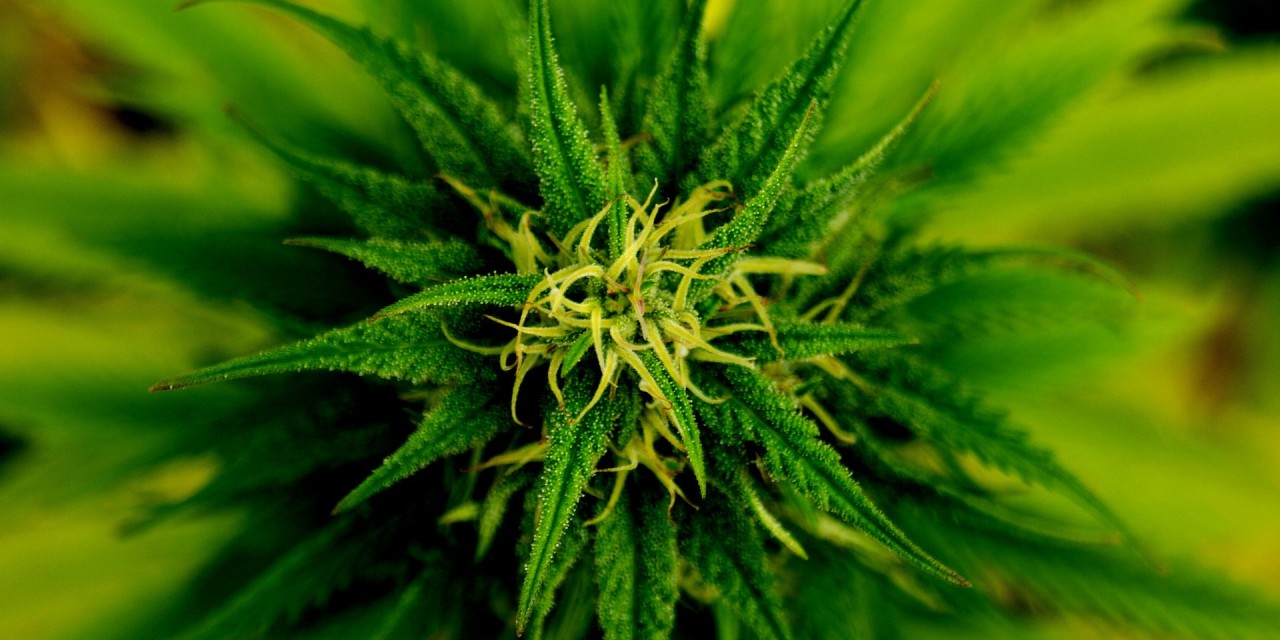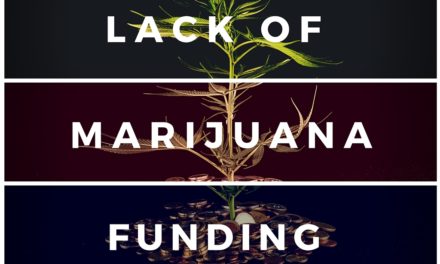The label of marijuana as “Schedule I” is highly controversial, and ever since this declaration, there have been multiple proposals to remove its classification as a Schedule I substance. This summer the DEA will review this classification.
There are, of course, arguments for both positions. A great article by Scientific American discusses the history of the science around marijuana, and why it was originally classified as Schedule I in 1972.
To clarify, a Schedule I drug is deemed to have absolutely no medical use and is simultaneously, highly addictive. But researchers and scientists are constantly disagreeing with this assumption. According to them, and according to the article, “The Science Behind the DEA’s Long War on Marijuana,” science and testing proves this classification is inaccurate.
It is essentially concluded that the basis for the classification rests on assumptions and perceptions of the substance, rather than facts and science. The societal-wide perceptions of the substance were (and in some cases still are) based on an artificial “campaign” with this specific goal in mind. But is belief really stronger than science and research?
I would definitely recommend reading the full article if you are interested in learning the history of marijuana in the United States. It discusses the role of the Tax Act, scientific findings, and the controversy during the Nixon campaign.






Trackbacks/Pingbacks